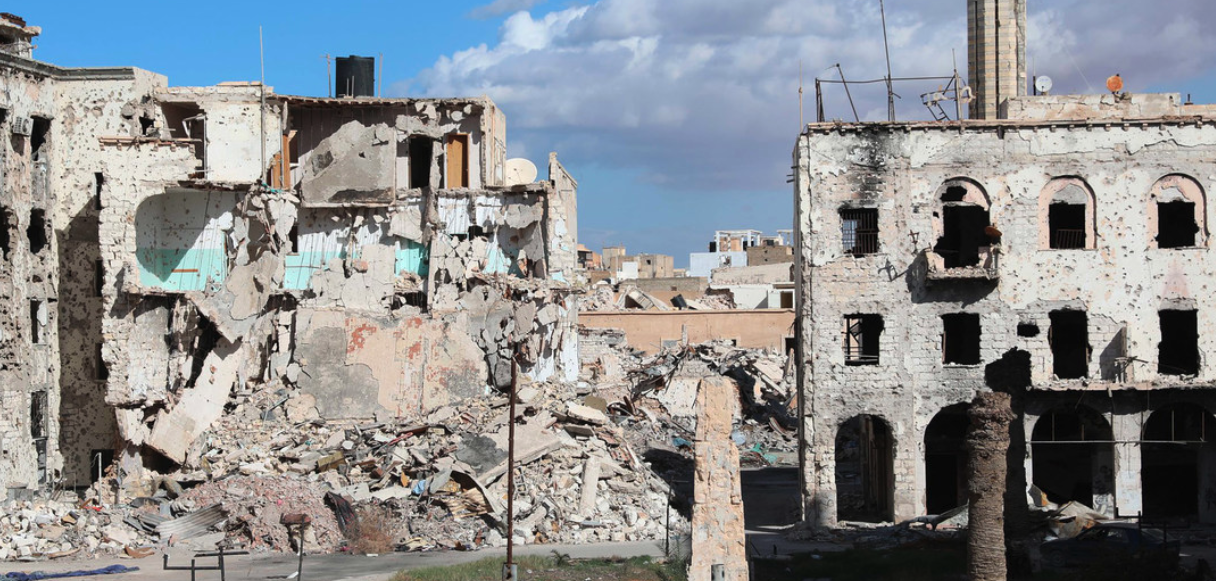Because the ceasefire signed in Geneva on Libya is just crap

The signing of the ceasefire in Geneva on 23 October and the video conference of the Libyan Political Dialogue Forum represent contributions to political utopias and their uselessness in terms of political practice. Giuseppe Gagliano's analysis
The signing of the ceasefire – a ceasefire that is supposed to be permanent – which took place in Geneva on October 23 and the video conference of the Libyan Political Dialogue Forum represent interesting contributions to political utopias and their uselessness in terms of political practice.
However, it is very difficult to say how much these meetings will be able to determine an effective solution to the current Libyan crisis.
So let's start, according to an unscrupulously realistic approach, to detect some critical issues of these resolution forums.
The first criticality is related to the effective representativeness of exponents who will be summoned by the UN mission, a fictitious representativeness that does not allow to express the tribal and sectarian political positions present within Libya of which Gaddafi was fully aware.
The second easily detectable criticality relates to the claim that within three months foreign fighters and mercenaries should withdraw from Libya, thus suspending all partnerships signed with other states by both the GNA and the LNA. Concretely, it means that after the significant investments made by the Turks, Russians and the United Arab Emirates in this war – investments related to weapons, military advisers sent and mercenaries – they should give up their sphere of influence to please the perpetual peace of ' UN. Just think in this regard of the agreements signed between Turkey and Libya on November 27, 2019 to establish air-naval infrastructures in Libyan territory that should ensure a projection of Turkish power in the central-eastern Mediterranean.
In this regard, it is no coincidence that the Turkish president with his usual brutality and frankness – far from the soft hypocrisy of democratic states – underlined the low level of representativeness of the officials who signed the Geneva agreement.
The third criticality is a logical consequence, from a geopolitical point of view, of what has been indicated above: admitted – and not granted – that the Turkish armed forces wanted to withdraw from Tripolitan, the same thing should be done by the Russians and the Emiratis from Cyrenaica. Knowing the logic of power that underlies the story, an eventuality of this kind is frankly not very credible.
The fourth criticality is the substantially unrealistic vision that emerges from the Geneva agreements according to which Libya could and should become a unitary state. On the contrary, Libya is instead divided into different states dominated by, as already mentioned, by sectarian tribal wills and by the logic of influence of Turkey, Russia and the Emirates.
At this point in the conflict, it would certainly be more realistic to legitimize the spheres of influence that were achieved during the conflict on a legal level.
On the other hand – if we turn our attention to the problem of immigration flows – on 6 August the government of Malta has not signed an agreement to limit them precisely with Turkey and not with Italy?
Doesn't this agreement explicitly mean that Malta recognizes Turkey's political and military leadership role? It's Italy? A geographical expression …
This is a machine translation from Italian language of a post published on Start Magazine at the URL https://www.startmag.it/mondo/perche-il-cessate-il-fuoco-firmato-a-ginevra-sulla-libia-e-solo-fuffa/ on Sat, 31 Oct 2020 06:27:34 +0000.
